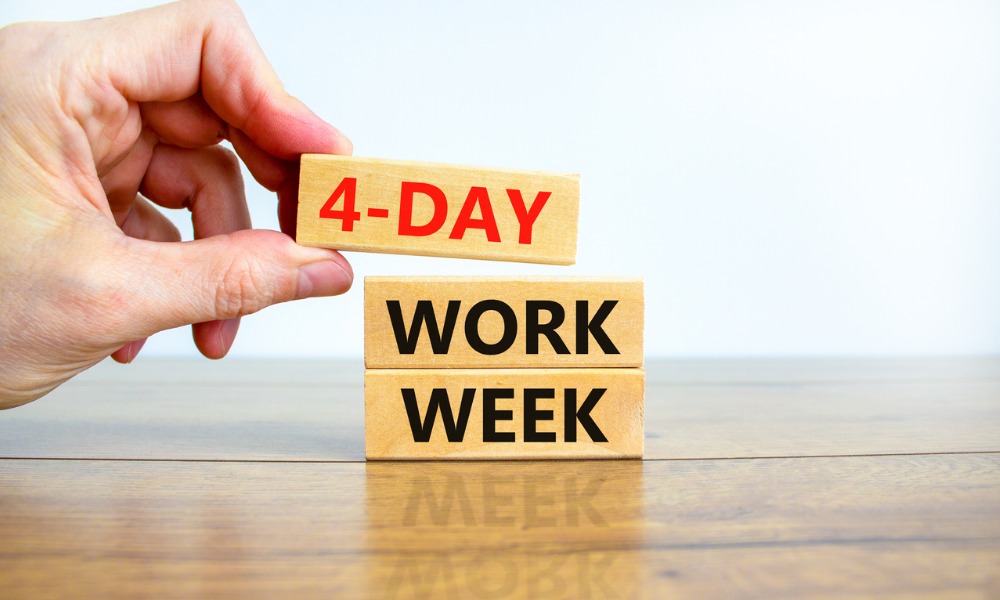
But 3 HR leaders tell HRD they're focused on flexible alternatives to 4-day week

On the first of January this year, accounting firm Grant Thornton New Zealand started trialling a nine-day fortnight for staff, who work nine days but are paid for 10, a move thought to be a first in the industry.
“With so many of the professional services’ workforce reporting burnout and its associated physical and mental health issues, it’s time for meaningful change within the industry, Russell Moore, National Managing Partner at Grant Thornton New Zealand, said in a press release.
In Australia, one in four workers believe it will be normal to have full flexibility over their working hours within the next five years, according to new data from ADP. And 11% of Australian workers are already offered a four-day week by their employers.
Even the public sector is exploring the idea, with the ACT setting up a working group to develop a roadmap which will inform a future trial within the public sector of the four-day work week.
“The four-day working week is no longer a distant dream – it’s rapidly becoming a tangible reality in Australia. The fact that an increasing number of companies are utilising a four-day week as a means to enhance mental health-wellbeing highlights the significant transformations in the workforce over the past few years,” said Kylie Baullo, Managing Director ANZ at ADP.
But back here in Aotearoa, the birthplace of the 4-Day Week Global movement, three HR leaders told HRD they are looking at other types of flexibility such as working from home.
Amie Amosa, chief people officer at Hammerforce, said, “It’s not something we have considered; rather, we capture all of this through our flexible work culture.”
Powerco has “successfully implemented a bunch of alternatives to the classic five-day 40-hour week,” said Leile Sims, head of people and culture.
“We have a significant number of people on nine-day fortnights working some nine-hour days to make up the balance. We have a few other people working four 10-hour days,” she told HRD.
Another initiative popular with Kiwi businesses is “No meeting Fridays,” something that Sims said, “had been successful in parts of the business that were able to [do it].”
At Powerco, Sims said the organisation “is very flexible regarding location in parts of the business where we can make it work.” Some of their roles are now entirely remote that weren’t until recently.
“We also have a significant number of employees trusted to work from home outside of school hours so they can pick their kids up, take them home and then continue working from there. This certainly doesn’t work for the whole business – but if leaders are able to make it happen, we support them to do so,” she said.
At Worldline NZ, they run a hybrid, two days in the office arrangement.
“Staff can decide how they want to do this and how this works within their personal life. Some plan it around kids pick-up and drop offs or doggie daycare, or gym visits,” said Miranda Nooijer, chief people officer at Worldline.
Dr. Ellen Ford is pioneer of the #workschoolhours movement and is currently writing a book about her research around the idea.
“The 4-Day Week Global project is an amazing framework that has been well researched and it’s getting massive traction overseas,” said Dr. Ellen Ford. “But I think there are some organisations that are nervous about locking in that specific framework, if they're not totally sure how to implement it.”
“Flexible working is flexible in nature: there is not a one-size-fits-all policy that you can necessarily roll out across the entire organisation, because that may not work for every role in every situation.”